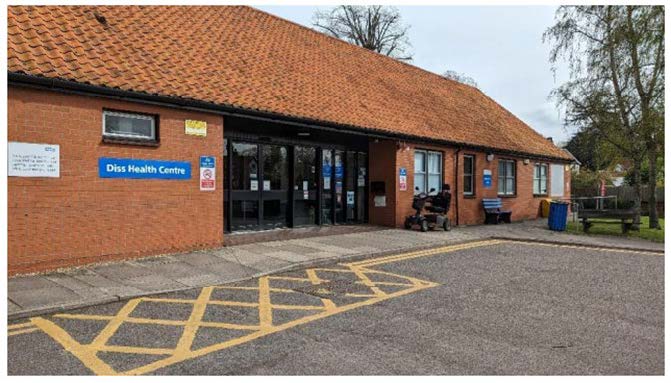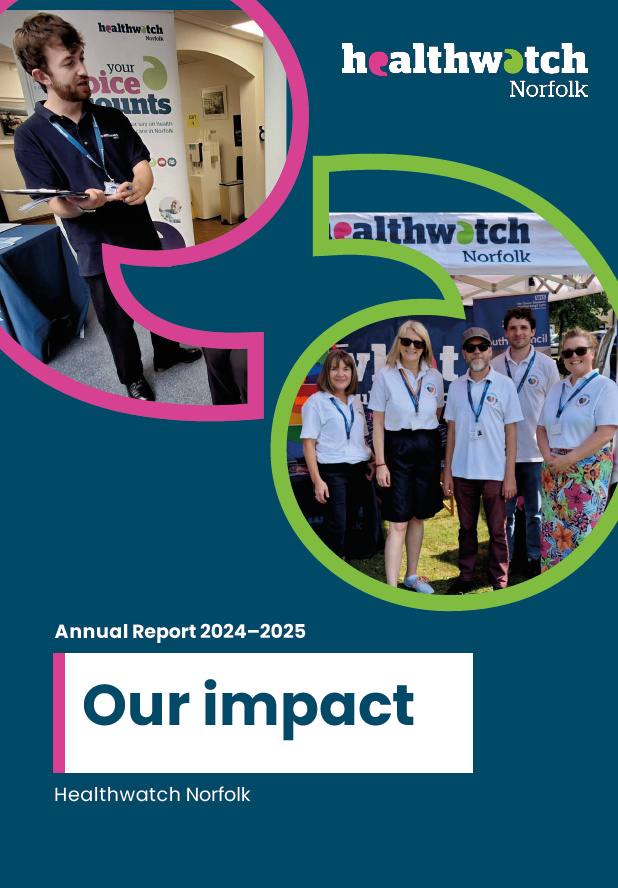We found people were unhappy about access to the right food and nutritional information.
This was also supported by some of the comments in the staff survey, where residents’ diet was highlighted as the second biggest risk to those with diabetes.
Limited healthy options coupled with a lack of knowledge about the content of meals served makes it difficult for residents with diabetes to effectively monitor their food consumption which can affect their diabetes.
There were some issues raised that are more specific to each prison site. Healthcare provisions are an example of this, particularly in terms of foot and eye screening. Whilst participants of the HMP Littlehey focus groups seemed satisfied with their access to screening, participants at HMP Bure indicated that access to foot screening is not always regular. There was also stark difference between prisons regarding daily monitoring of blood levels.








